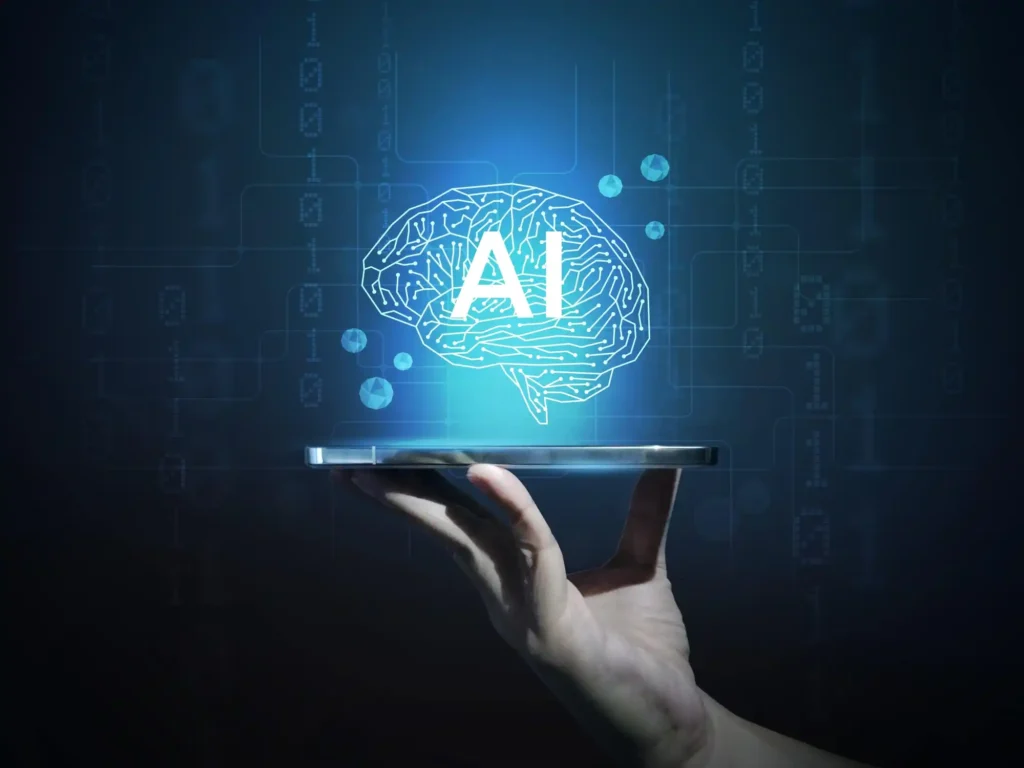
Artificial Intelligence (AI) is no longer just a buzzword—it’s part of our daily lives. From voice assistants like Siri and Alexa to advanced chatbots and self-driving cars, AI is transforming the way we work, live, and interact.
🔍 What is Artificial Intelligence?
At its core, AI is the ability of a machine to learn, adapt, and perform tasks that normally require human intelligence. This includes understanding language, recognizing images, solving problems, and even making decisions.
There are two main types of AI:
- Narrow AI – Designed for specific tasks (e.g., Google Translate, facial recognition).
- General AI – A future goal where machines can think and reason like humans.
🌍 Real-World Applications of AI
AI is making an impact across multiple industries:
- Healthcare – AI helps doctors detect diseases early and assist with surgeries.
- Education – Smart tutoring systems personalize learning for students.
- Business – Companies use AI chatbots to improve customer service and sales.
- Entertainment – AI creates music, art, and even helps in movie production.
⚡ Benefits of AI
- Saves time and increases efficiency.
- Reduces human error.
- Opens up new opportunities for innovation.
⚠️ Challenges of AI
While AI is powerful, it comes with challenges:
- Job automation may replace some human roles.
- Ethical concerns about privacy and bias.
- The risk of overdependence on machines.
🔮 The Future of AI
AI will continue to grow smarter, faster, and more accessible. Experts predict it will play a major role in medicine, climate change solutions, and even space exploration.
One thing is certain—AI is here to stay, and it’s shaping the future of humanity.
👉 Discover how Artificial Intelligence is shaping the future. Learn its benefits, challenges, and real-world applications in healthcare, business, and more.